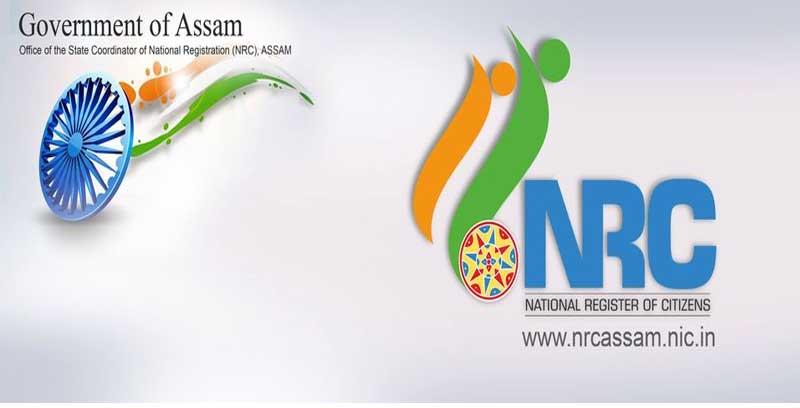On the midnight of August 31, 2019, an extraordinary bureaucrat unveiled the contentious National Register of Citizens (NRC) in Assam, amidst a large gathering of eager media personnel in Guwahati. Prateek Hajela, the then State NRC coordinator, not only explained various features of the NRC to the assembled reporters but also declared the supplementary list as the definitive one. Some television journalists, excited by the so-called "extraordinary work" of the technocrat-turned-IAS officer, went as far as to applaud Hajela as a superhero.
However, the ground reality paints a different picture. The Assam NRC has never been endorsed—nor is it today—by the Registrar General of India (RGI), leaving Hajela without the authority to declare it as the final NRC. Despite the Supreme Court of India, under whose observation the NRC updation was carried out, remaining silent over the years, there is growing demand for a complete re-verification of the NRC.
Former Assam Chief Minister Sarbananda Sonowal publicly expressed dissatisfaction with the NRC, advocating for a 20% revision in border districts and a 10% revision in the remaining districts. However, neither Sonowal nor his successor, Himanta Biswa Sarma, initiated the re-verification process. Both Bharatiya Janata Party leaders were vocal about the need for revision, yet they did not file an affidavit in the Supreme Court. Meanwhile, Assam Public Works (APW), All Assam Students’ Union (AASU), and Hajela’s immediate successor, Hitesh Devsarma, submitted separate appeals in the SC seeking a revision of the Assam NRC.
In a shocking development, the NRC updating process in Assam became entangled in a significant financial scandal, with the Comptroller and Auditor General (CAG) of India uncovering financial irregularities amounting to Rs 2,600 million. The CAG's 2020 report recommended penal actions against Hajela and the system integrator, Wipro. Devsarma lodged two police complaints alleging fraud and corruption by Hajela in the NRC updating process. APW President Abhijeet Sharma also filed a complaint against Hajela, yet no case has been registered to date. Instead, Hajela was granted voluntary retirement benefits, allowing him to live without accountability in his home state of Madhya Pradesh.
Another concerning aspect is the plight of over 6,000 data entry operators (DEOs) who worked as temporary employees in the NRC updating process. Wipro Limited received an average of Rs 14,500 per month per DEO, but the DEOs were paid only Rs 5,500 each month, an amount below the country's minimum wage. The NRC supplementary list left 1.9 million people unable to prove their Indian citizenship. Suspicions have arisen that Hajela may have used tampered software to include millions of Bangladeshi nationals in the NRC, with potential involvement from foreign elements in the manipulation. As a result, the Patriotic People's Front Assam (PPFA) has called for a high-level probe to punish the culprits.
The forum of nationalist citizens based in far eastern Bharat has reiterated its longstanding demand for an accurate NRC based on the 1951 cutoff year. The PPFA has urged both the governments in New Delhi and Dispur to take decisive steps in identifying and deporting all illegal migrants for the sake of national security and the protection of indigenous communities in Assam. It condemned those who tried to project the current form of the NRC as flawless. At least three Assamese television editors have emerged as strong supporters of the draft NRC, urging the people of Assam to accept it without further revision. One outspoken and charismatic television show host even published a book praising Hajela's unparalleled work, while another dedicated multiple talk shows arguing that the NRC needs no re-verification. The third seized opportunities to profit by suppressing news about the NRC's flaws.
Should these individuals also face consequences? A genuine probe may reveal their involvement in the scandal and lead to appropriate penalties.
- 260261 reads










Add new comment